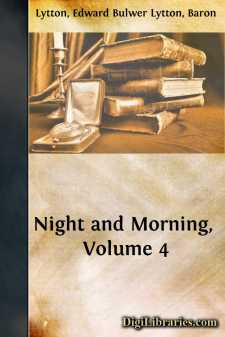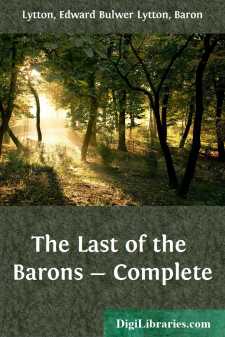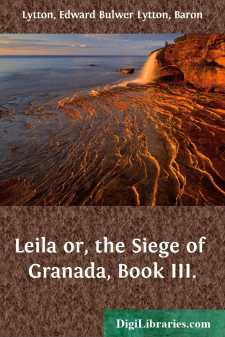Categories
- Antiques & Collectibles 13
- Architecture 36
- Art 48
- Bibles 22
- Biography & Autobiography 813
- Body, Mind & Spirit 142
- Business & Economics 28
- Children's Books 17
- Children's Fiction 14
- Computers 4
- Cooking 94
- Crafts & Hobbies 4
- Drama 346
- Education 46
- Family & Relationships 57
- Fiction 11829
- Games 19
- Gardening 17
- Health & Fitness 34
- History 1377
- House & Home 1
- Humor 147
- Juvenile Fiction 1873
- Juvenile Nonfiction 202
- Language Arts & Disciplines 88
- Law 16
- Literary Collections 686
- Literary Criticism 179
- Mathematics 13
- Medical 41
- Music 40
- Nature 179
- Non-Classifiable 1768
- Performing Arts 7
- Periodicals 1453
- Philosophy 64
- Photography 2
- Poetry 896
- Political Science 203
- Psychology 42
- Reference 154
- Religion 513
- Science 126
- Self-Help 84
- Social Science 81
- Sports & Recreation 34
- Study Aids 3
- Technology & Engineering 59
- Transportation 23
- Travel 463
- True Crime 29
Alice, or the Mysteries - Complete
Description:
Excerpt
CHAPTER I.
Who art thou, fair one, who usurp'st the place
Of Blanch, the lady of the matchless grace?—LAMB.
IT was towards the evening of a day in early April that two ladies were seated by the open windows of a cottage in Devonshire. The lawn before them was gay with evergreens, relieved by the first few flowers and fresh turf of the reviving spring; and at a distance, through an opening amongst the trees, the sea, blue and tranquil, bounded the view, and contrasted the more confined and home-like features of the scene. It was a spot remote, sequestered, shut out from the business and pleasures of the world; as such it suited the tastes and character of the owner.
That owner was the younger of the ladies seated by the window. You would scarcely have guessed, from her appearance, that she was more than seven or eight and twenty, though she exceeded by four or five years that critical boundary in the life of beauty. Her form was slight and delicate in its proportions, nor was her countenance the less lovely because, from its gentleness and repose (not unmixed with a certain sadness) the coarse and the gay might have thought it wanting in expression. For there is a stillness in the aspect of those who have felt deeply, which deceives the common eye,—as rivers are often alike tranquil and profound, in proportion as they are remote from the springs which agitated and swelled the commencement of their course, and by which their waters are still, though invisibly, supplied.
The elder lady, the guest of her companion, was past seventy; her gray hair was drawn back from the forehead, and gathered under a stiff cap of quaker-like simplicity; while her dress, rich but plain, and of no very modern fashion, served to increase the venerable appearance of one who seemed not ashamed of years.
"My dear Mrs. Leslie," said the lady of the house, after a thoughtful pause in the conversation that had been carried on for the last hour, "it is very true; perhaps I was to blame in coming to this place; I ought not to have been so selfish."
"No, my dear friend," returned Mrs. Leslie, gently; "selfish is a word that can never be applied to you; you acted as became you,—agreeably to your own instinctive sense of what is best when at your age,—independent in fortune and rank, and still so lovely,—you resigned all that would have attracted others, and devoted yourself, in retirement, to a life of quiet and unknown benevolence. You are in your sphere in this village,—humble though it be,—consoling, relieving, healing the wretched, the destitute, the infirm; and teaching your Evelyn insensibly to imitate your modest and Christian virtues." The good old lady spoke warmly, and with tears in her eyes; her companion placed her hand in Mrs. Leslie's.
"You cannot make me vain," said she, with a sweet and melancholy smile. "I remember what I was when you first gave shelter to the poor, desolate wanderer and her fatherless child; and I, who was then so poor and destitute, what should I be, if I was deaf to the poverty and sorrows of others,—others, too, who are better than I am....












